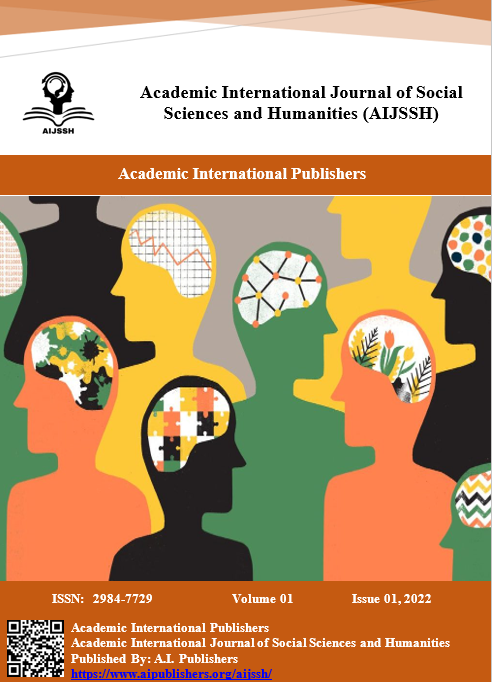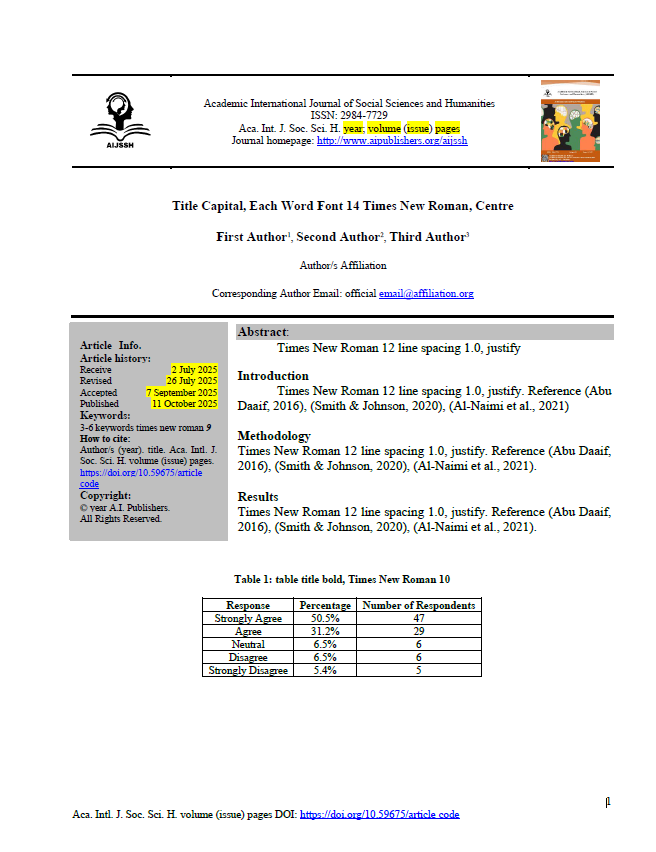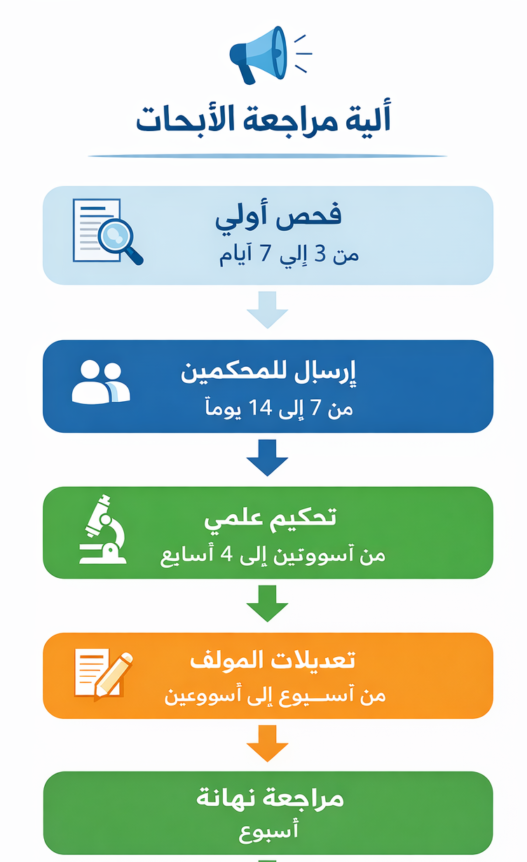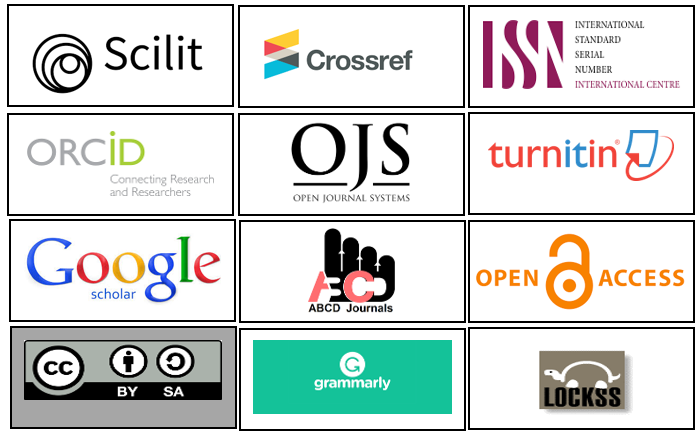الجوانب الفلسفية لأصل اللغة: وجهات نظر الفارابي
DOI:
https://doi.org/10.59675/S118الكلمات المفتاحية:
أصل اللغة، الفلسفة، الدلالة، وظيفة اللغة، الفارابيالملخص
تتناول هذه الدراسة الجوانب الفلسفية للغة وفقًا للفارابي، وعلاقتها بالعقل من جهة، وبالعالم الخارجي من جهة أخرى، وهو ما جذب انتباه المفكرين على مر تاريخ العلم. وتهدف هذه الدراسة إلى فحص آراء الفارابي الفلسفية حول طبيعة اللغة من خلال التركيز على أعماله وكتابه (الرسائل).
يغطي البحث القضايا التالية: العناصر المكوّنة للغة، العقل والفكر، والدور الدلالي للغة. وتشير الدراسة إلى أن "الطبيعة" واللغة متشابهتان بالنسبة للبشر والله. وتتضمن مكونات اللغة الكلمات المكتوبة والمسموعة، لغة الجسد، والكيانات التي تنقل المعنى.
وتتناول الدراسة أيضًا دور العناصر اللغوية كعلامات تستدعي المعنى وتسهّل الحوار. عند توصيل المعنى، يختلف صدق الكلام عن "ما هو" المعنى وعن المتحدث فيما يتعلق بالأدوار الدلالية لعناصر اللغة (الشخص الذي ينطق بالكلمات والكلام نفسه). وبسبب هذا الاختلاف، تنقل اللغة معنى يختلف عن العالم الداخلي للمتحدثين.
المراجع
2015/6, “Imitation—ambiguity—discourse: some remarks on al-
Farmer, Henry George, 1957, “The Music of Islam”, in Egon Wellesz (ed.), Ancient and Oriental Music, London: Oxford University Press, 421–477.
Eskenasy, Pauline E., 1988, “Al-Fārābī’s Classification of the Parts of Speech”, Jerusalem Studies in Arabic and Islam, 11: 55–82.
Aouad, Maroun, 1992, “Les Fondements de la Rhétorique d’Aristote Reconsidérés Par Fārābi, Ou Le Concept de Point de Vue Immédiat et Commun”, Arabic Sciences and Philosophy, 2(1): 133–180. doi:10.1017/S0957423900001582
Zonta, Mauro, 1998, “Al-Fārābī’s Commentaries on Aristotelian Logic: New Discoveries”, in Philosophy and Arts in the Islamic World: Proceedings of the Eighteenth Congress of the Union Européenne des Arabisants et Islamisants (Orientalia Lovaniensia Analecta, 87), U. Vermeulen and D. De Smet (eds.), Leuven: Peeters, pp. 219–232.
Fakhry, Majid, 2002, Al-Fārābī: Founder of Islamic Neoplatonism, His Life, Works and Influence, London: Oneworld.
Diebler, Stéphane, 2005, “Catégories, conversation et philosophie chez al-Fārābī”, in Les Catégories et leur Histoire, Ole Bruun and Lorenzo Corti (eds.), Paris: Vrin, pp. 275–305.
Druart, Thérèse-Anne, 2007, “Al-Fārābī, the categories, metaphysics, and the Book of Letters”, Medioevo, Rivista di storia della filosofia medievale, 32: 15–37.
D’Arcy, Guillaume de Vaulx, 2010, “La Naqla, Étude du Concept de Transfert dans L’œuvre d’al-Fārābī”, Arabic Sciences and Philosophy, 20(1): 125–176. doi:10.1017/S0957423909990129
Germann, Nadja, 2015, “Logic as the Path to Happiness: Al-Fārābī and the Divisions of the Sciences”, Quaestio, 15(January): 15–30. doi:10.1484/J.QUAESTIO.5.108587
Cross, Charles and Floris Roelofsen, 2018, “Questions”, The Stanford Encyclopedia of Philosophy (Spring 2018 Edition), Edward N. Zalta (ed.), URL = <https://plato.stanford.edu/archives/spr2018/entries/questions/>.
التنزيلات
منشور
إصدار
القسم
الرخصة
الحقوق الفكرية (c) 2023 Academic International Journal of Social Sciences and Humanities

هذا العمل مرخص بموجب Creative Commons Attribution 4.0 International License.







